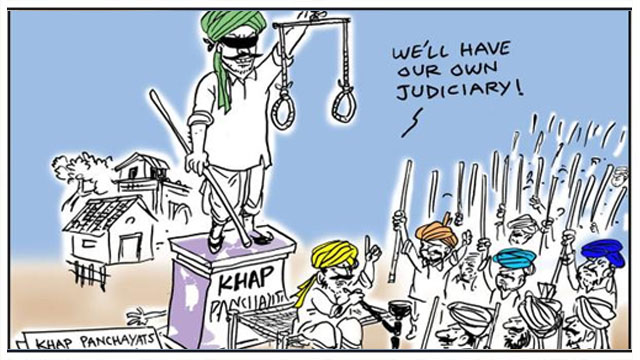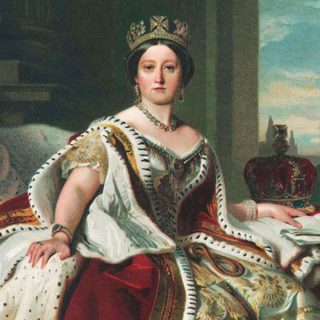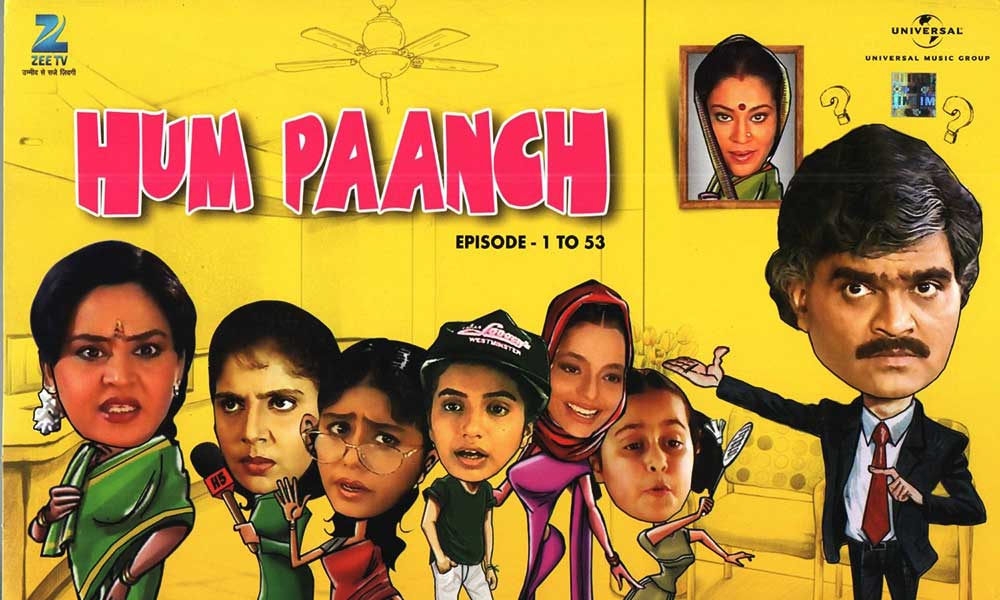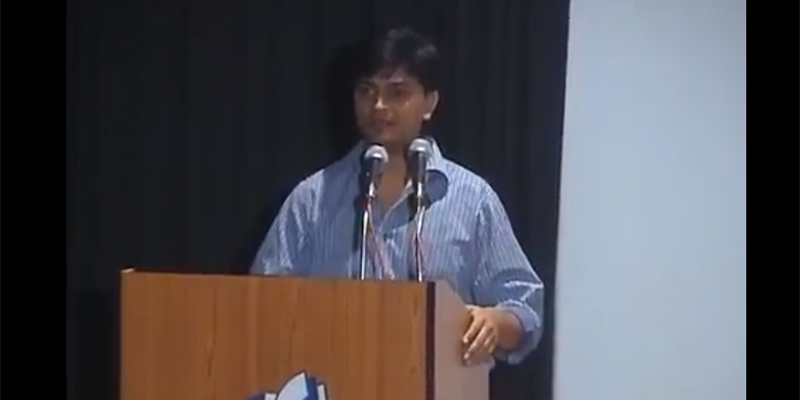Despite their illegal nature, these panchayats do not cease to exist because they are projected as a representative of a minor community and its tradition. They are allowed exist by the political system of vote garnering because the chieftains enjoy immense influence over the community.
A girl in the Birbhum district of West Bengal was gangraped as a punishment. She was having an affair with a man from another religion and so a ‘salishi sabha’ – a kangaroo court – ordered that she be ‘enjoyed’ by other men as a punishment to her crime.
As various media channels and newspapers reported, the 20 year old girl was dragged with her lover to the village ‘than’ (a religious place of a particular tribe) and tied to a tree while the tribal head held ‘salishi sabha’ in Labhpur of Birbhum district. He then ordered the lovers to pay Rs 50,000 as a fine, failing which village men will ‘enjoy’ her.
She was then taken to a shed on Tuesday night and repeatedly raped till Wednesday morning by 12 men.
The victim was then forced to stay indoors with her family the whole Wednesday and left bleeding without any medical attention. She somehow survived and the family, able to slip out on Thursday, took her to hospital for medical care and then to police station for filing an FIR.
The number that has been given may be ambiguos as the victim, deeply traumatized, stated that she “lost count after a while”.
The good news is that the police has nabbed these 12 men and the chieftan of the local tribe has also been caught. But the bigger question remains – why do these men commit a heinous crime like rape when they know they will eventually be caught and tried? Particularly so after strengthening the rape laws and mass angst against rape?
Every second day a rape becomes a headline of the newspapers. Just a few days back, a girl was assaulted and gangraped twice by the same clout of men in West Bengal only. Why is it that there is no fear among such men?
The particular case of Labhpur tribal court is a terrible example of the grey area which resides in the legal and social system of the country. These tribal courts, or ‘kangaroo courts’ as termed by Supreme Court in 2011, are part of an old tradition in our country.
They are called ‘khaps’ in northern India and ‘katta panchayat’ in southern India. These are offshoots of the feudal system in the country which have neither elected nor appointed chiefs. Made up of the members of a community or a tribe, the chiefs are generally the people who are high in social hierarchy.
The decisions of such panchayat generally adhere to local cultural and moral code. They look into marriage disputes, family disputes and disputes regarding social and moral conflicts. But their decisions are not always in consonance with the Indian penal system or constitution of the country.
Despite their illegal nature, these panchayats do not cease to exist because they are projected as a representative of a minor community and its tradition. They are allowed exist by the political system of vote garnering because the chieftains enjoy immense influence over the community. It is a mutual benefit thing for political establishment and such panchayats which help each other enjoy the power they garner.
And this leads to honour killings, abused and rape of women as punishment, and beating and killing of men for showing resistance.
The grey area these kangaroo courts perceivably enjoy allows them to get away with heinous criminal actions. The state and the police try to help the victims, but these panchayats are not disturbed and disbanded. As West Bengal’s minister for women and child development Shashi Panja stated, “the government has no say in this”.
This grey area of governance is always forgotten by us – the open eyed news tracker, social media user, and an urban resident. And that’s how these panchayats keep reminding us of their existence by grabbing the headlines every second day. High time we put our attention to them and tried to do something to stop them from bestowing any nonsense award on innocent people.





